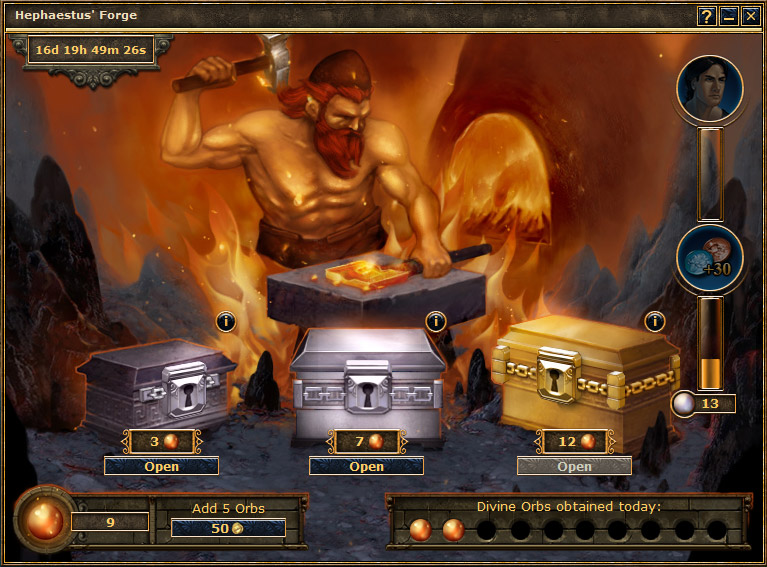
In other accounts, it was Hera, disgusted by her son’s deformity and ugliness, who threw Hephaestus down from the mountain.ĭetail of Hephaestus in his forge in the painting “Parnassus” (1496-1497) by Andrea Mantegna. Enraged by his interference, Zeus cast Hephaestus out of Mount Olympus and he became lame after the fall. In one such story, Hephaestus is said to have intervened on behalf of his mother during a quarrel between Zeus and Hera. Hephaestus might have been born lame, as one of his many epithets was “the lame one.” In some myths, Hephaestus was said to have been made lame either by Zeus or Hera.

Married to the goddess Aphrodite and son of Zeus and Hera, the king and queen of Mount Olympus, the god Hephaestus appears in many of the famed legends of the ancient Greeks.ĭepiction of the god Hephaestus (as Vulcan) by Pompeo Batoni. In Greek mythology, Hephaestus was primarily the god of fire and smiths, but he was also in charge of other crafts, including sculpting and carpentry.

As one of the twelve Olympians, the god Hephaestus was a major deity for the ancient Greeks.


 0 kommentar(er)
0 kommentar(er)
